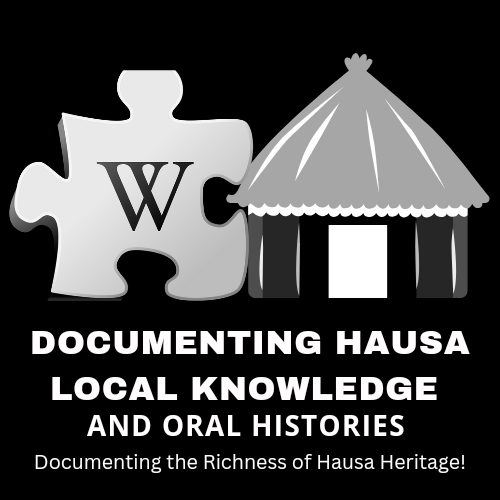The Documenting Hausa Local Knowledge and Oral Histories project, has been successfully completed!
This initiative, aimed at preserving the rich cultural heritage and oral traditions of the Hausa people.
Overview of the Project
The project sought to bridge the gap between oral history and digital accessibility by digitizing and documenting various aspects of Hausa traditions, stories, and local knowledge. Key focus areas included traditional practices, folklore, historical events, and indigenous knowledge systems. By transforming oral narratives into well-referenced, freely accessible content on Wikimedia platforms, the project not only preserved these cultural assets but also made them available to a global audience.
Key Activities and Achievements
- Workshops and Training: We conducted hands-on workshops that trained participants on how to document oral histories, conduct interviews, and upload multimedia content to Wikimedia Commons. Participants were also guided on improving Hausa Wikipedia articles with well-researched content.
- Community Engagement: Collaboration with local historians, elders, and cultural experts ensured the authenticity and richness of the knowledge shared. The project facilitated intergenerational dialogue, connecting youth with community elders.
- Content Creation: Over 194 multimedia files uploaded to Wikimedia Commons. Over 3000 articles improved or created on Hausa Wikipedia. New Wikidata entries linked to enhance discoverability of Hausa cultural topics.
- Outreach and Awareness: Publicity efforts raised awareness of the importance of preserving Hausa culture and inspired participants to become long-term contributors to Wikimedia projects.
Impact
The project has enriched Wikimedia platforms with high-quality content that reflects the Hausa people’s heritage and traditions. It has empowered participants with skills in digital documentation, fostering a sense of pride in their culture. Additionally, this initiative has contributed to the broader movement of decolonizing knowledge by amplifying voices from the Global South.
Acknowledgments
We are deeply grateful to the Wikimedia Foundation for supporting this initiative and to the dedicated volunteers, community members, and cultural experts who made this project a success. Their efforts have ensured that Hausa traditions are preserved for future generations.
Facilitators
1. Abubakar Ali – Project’s lead
2. A’isha Yahuza – Community Engagement and Support
3. Yusuf Sa’adu – Trainer and Guide
4. Bashir Sani – Dashboard Manager and Technical Support
5. Usman Maifada – Outreach and Content Coordinator
Photo Gallery
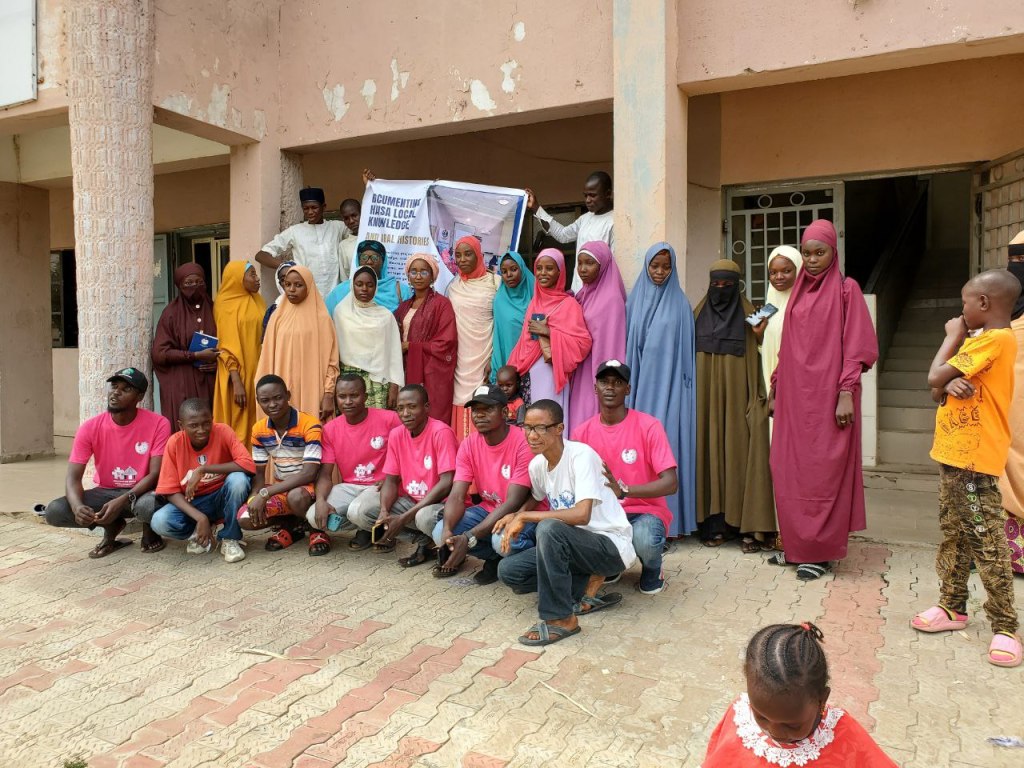
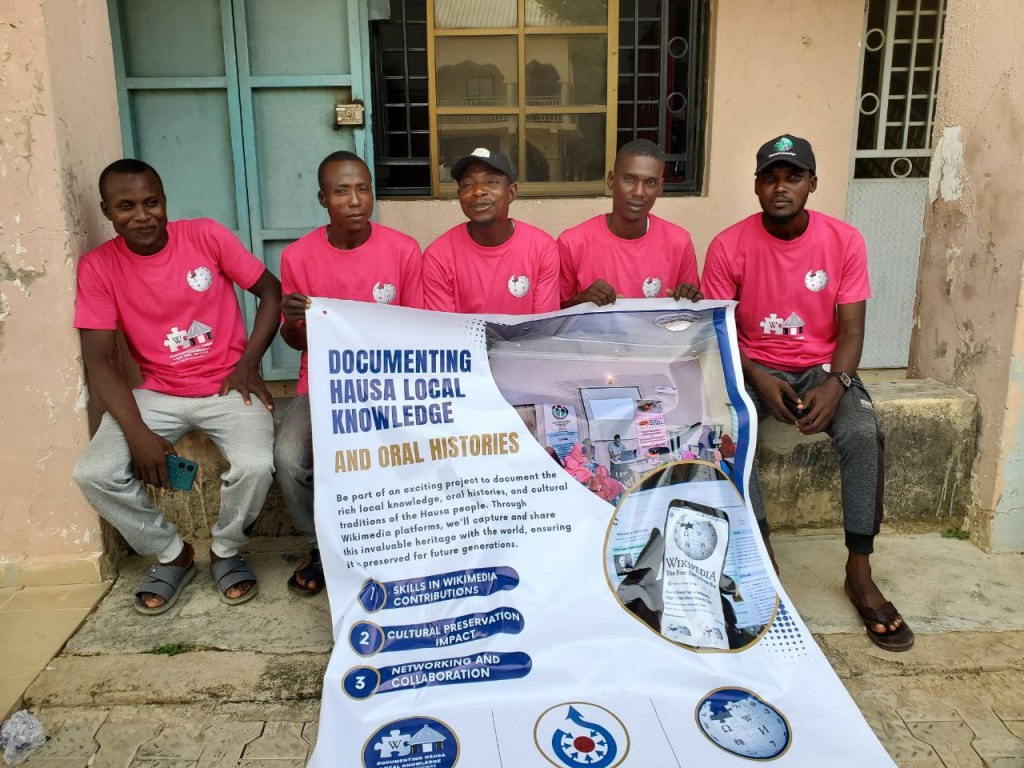
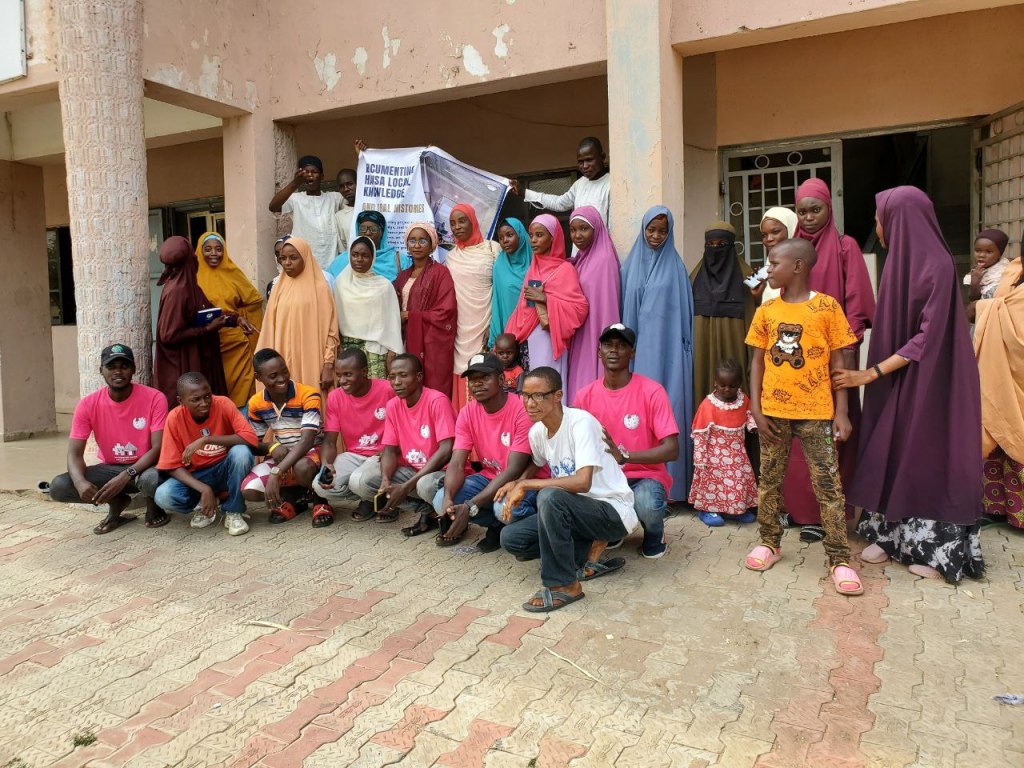
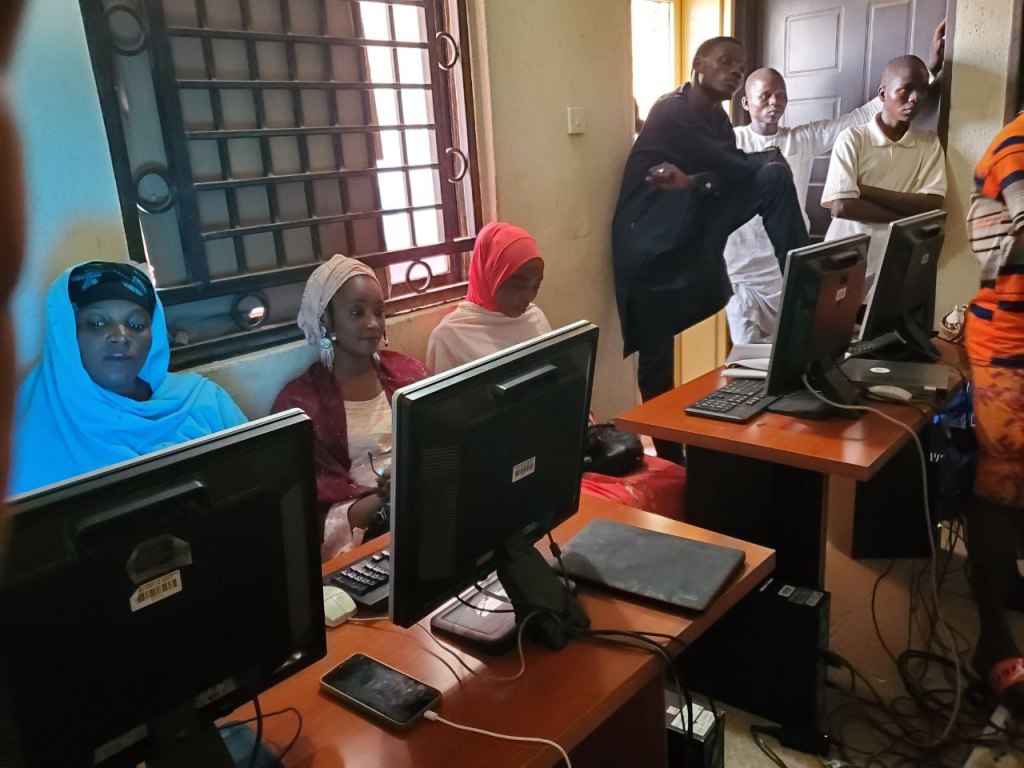
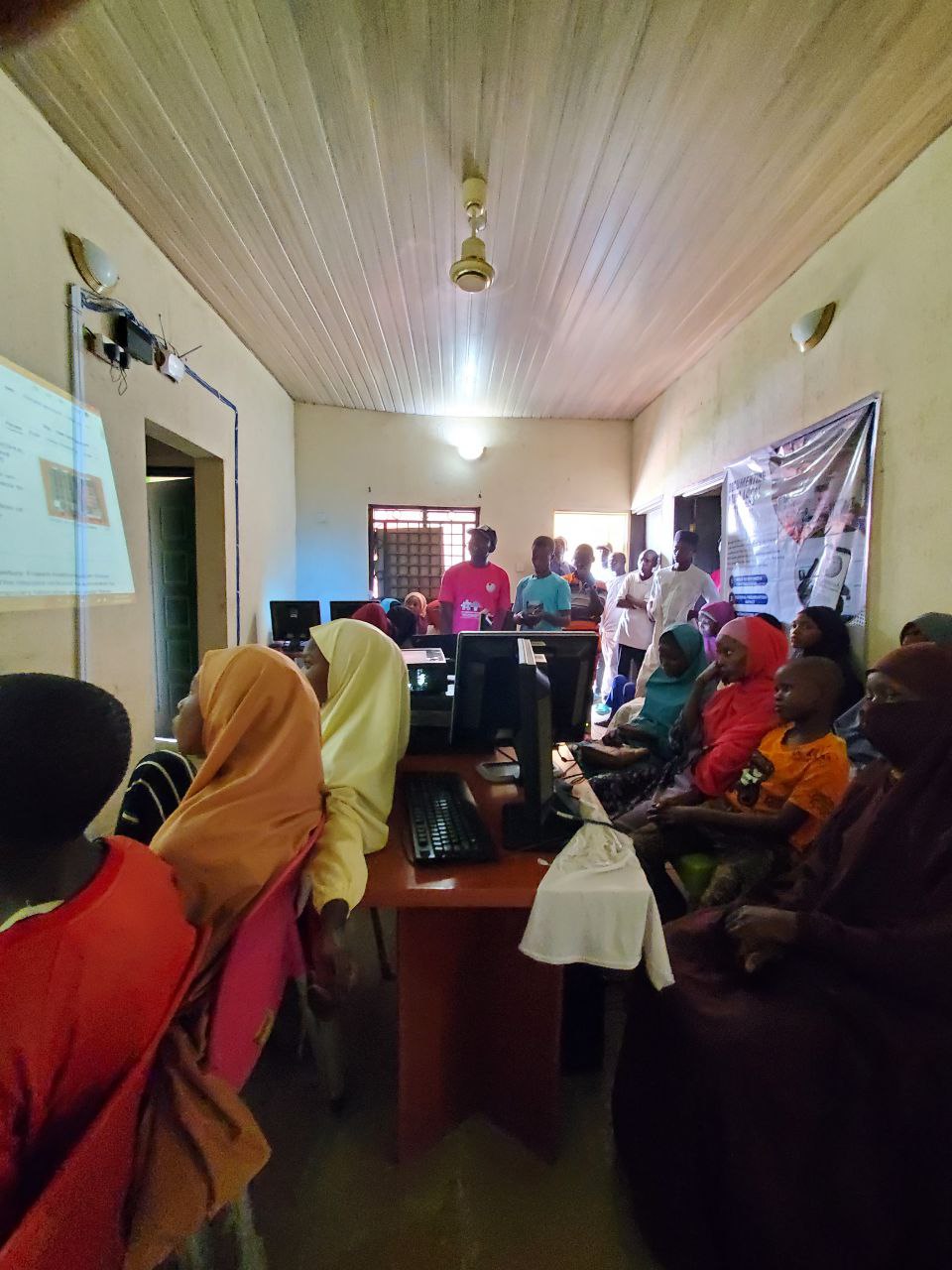
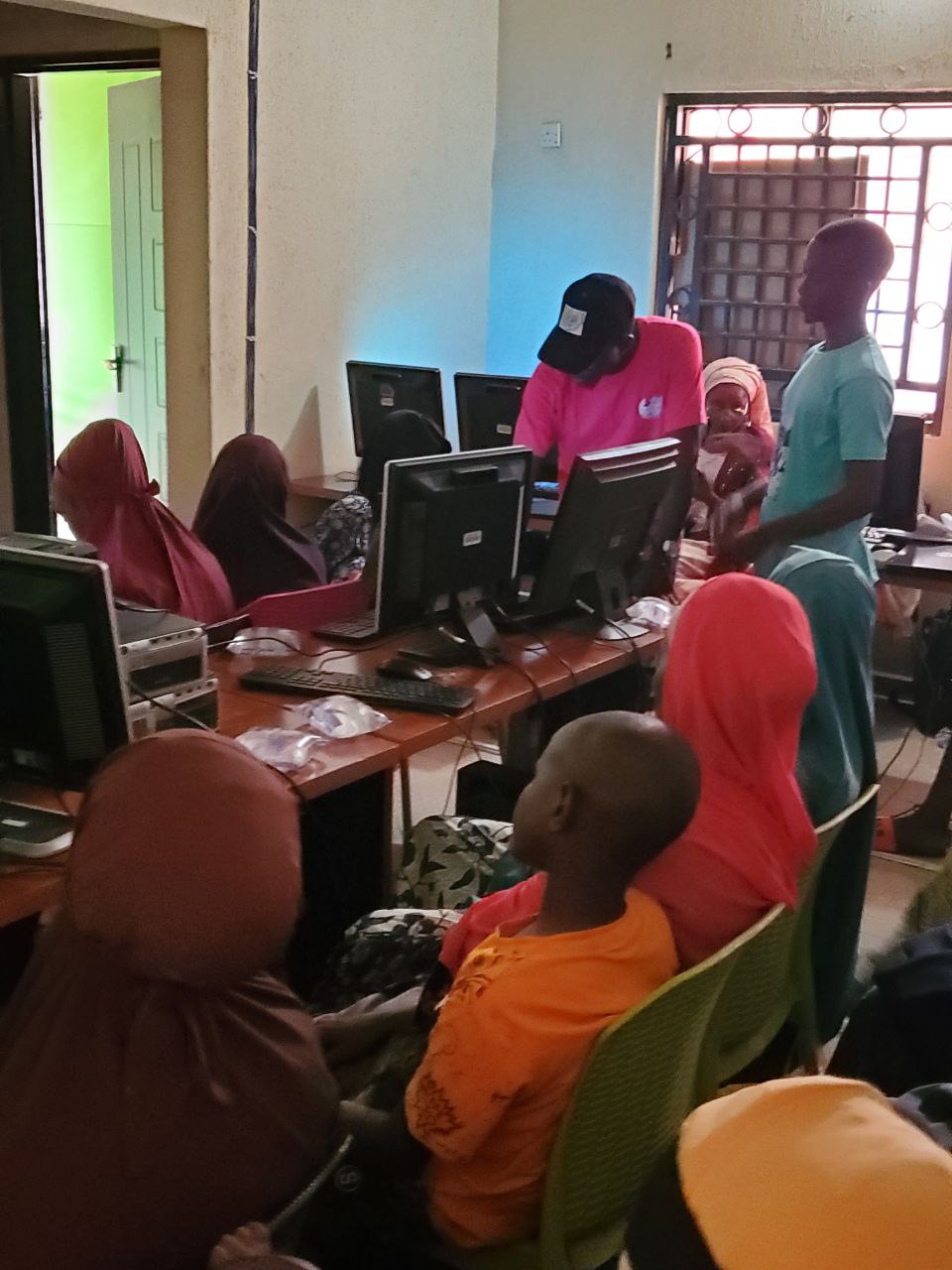
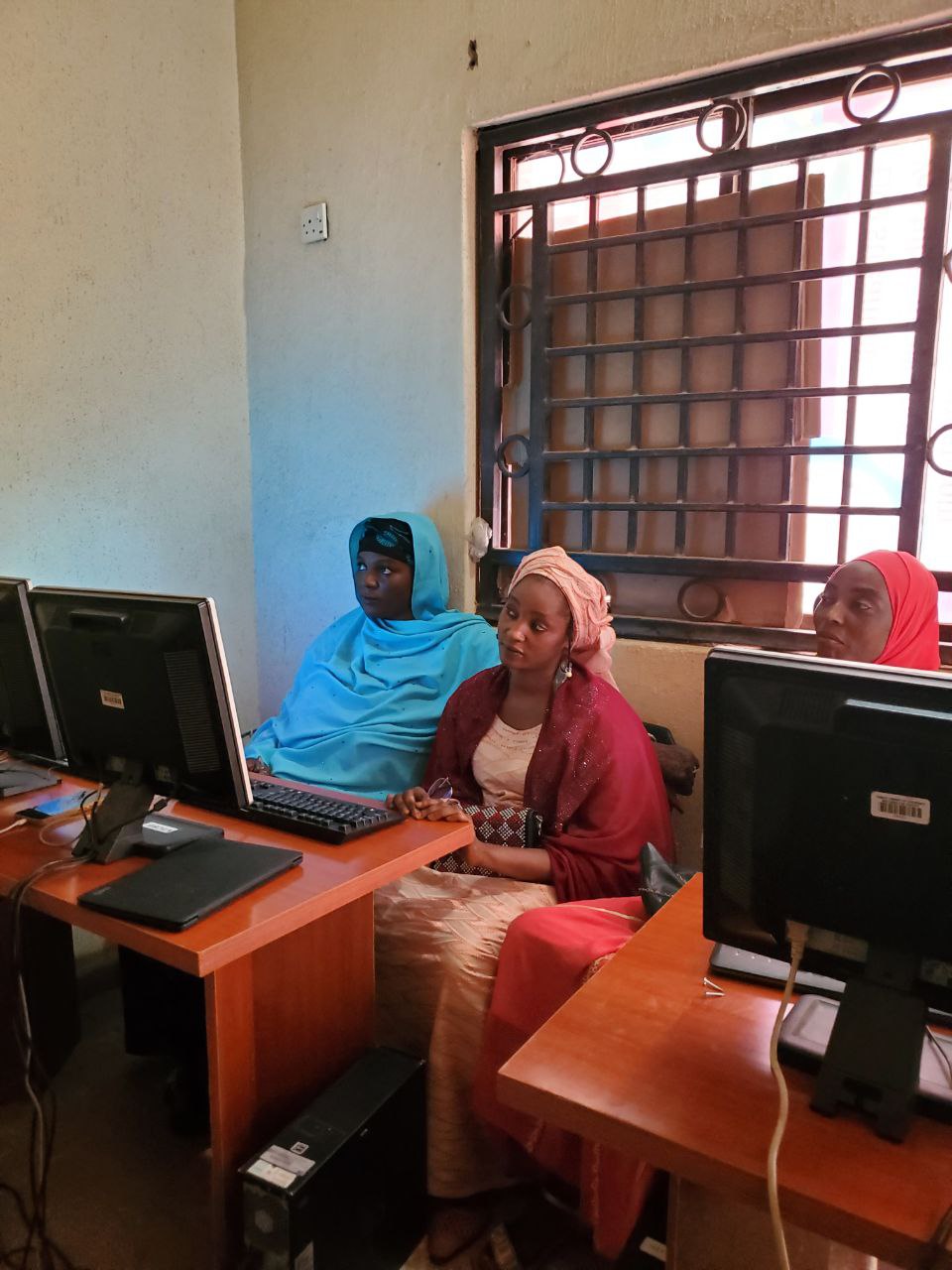
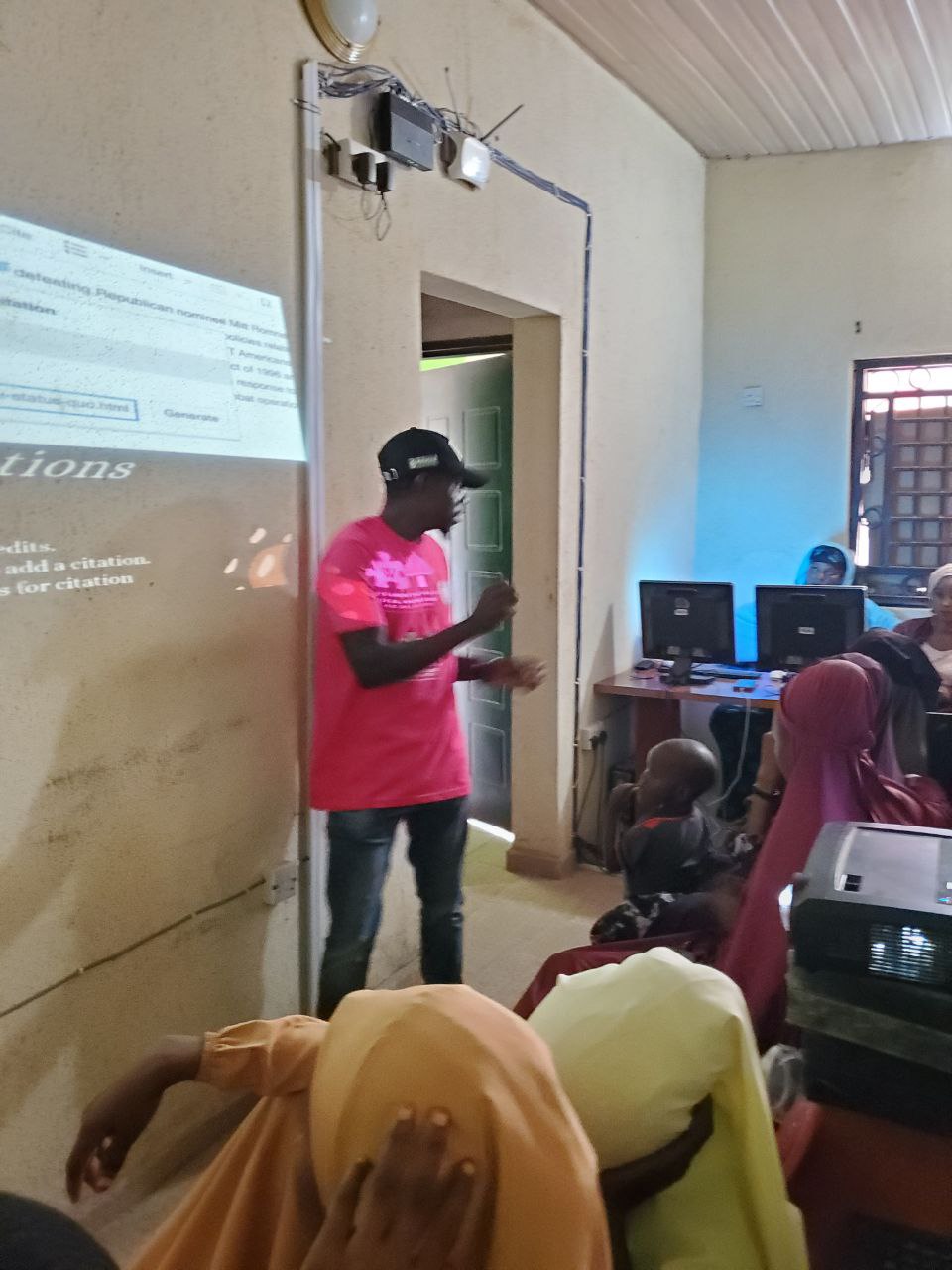
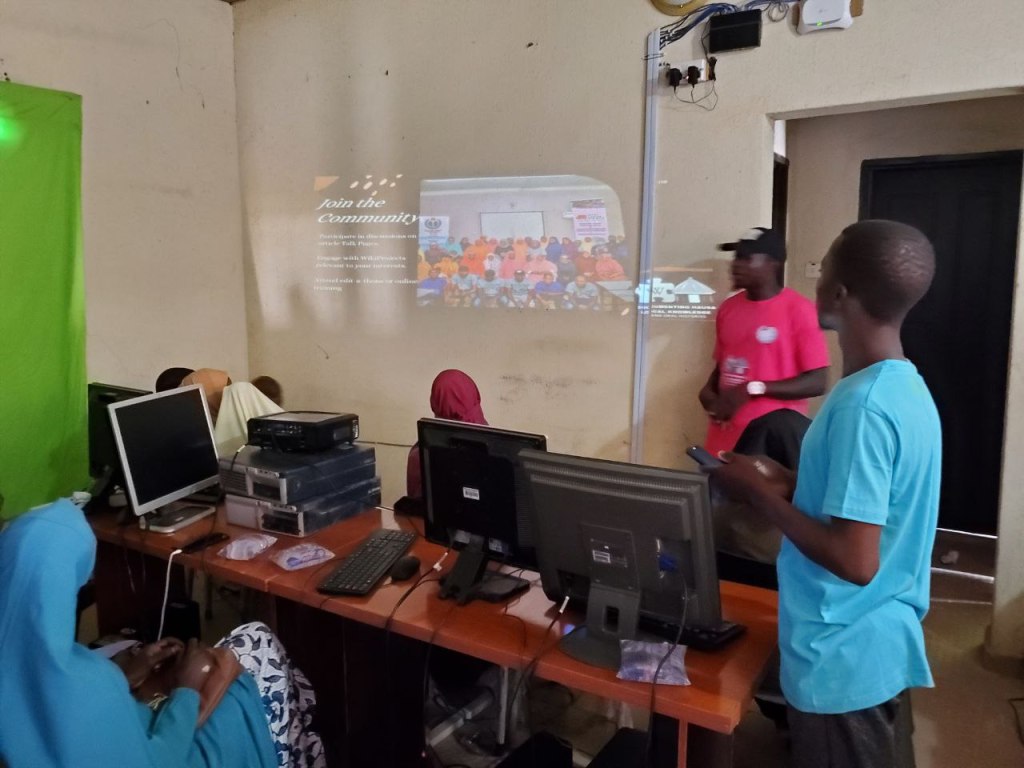
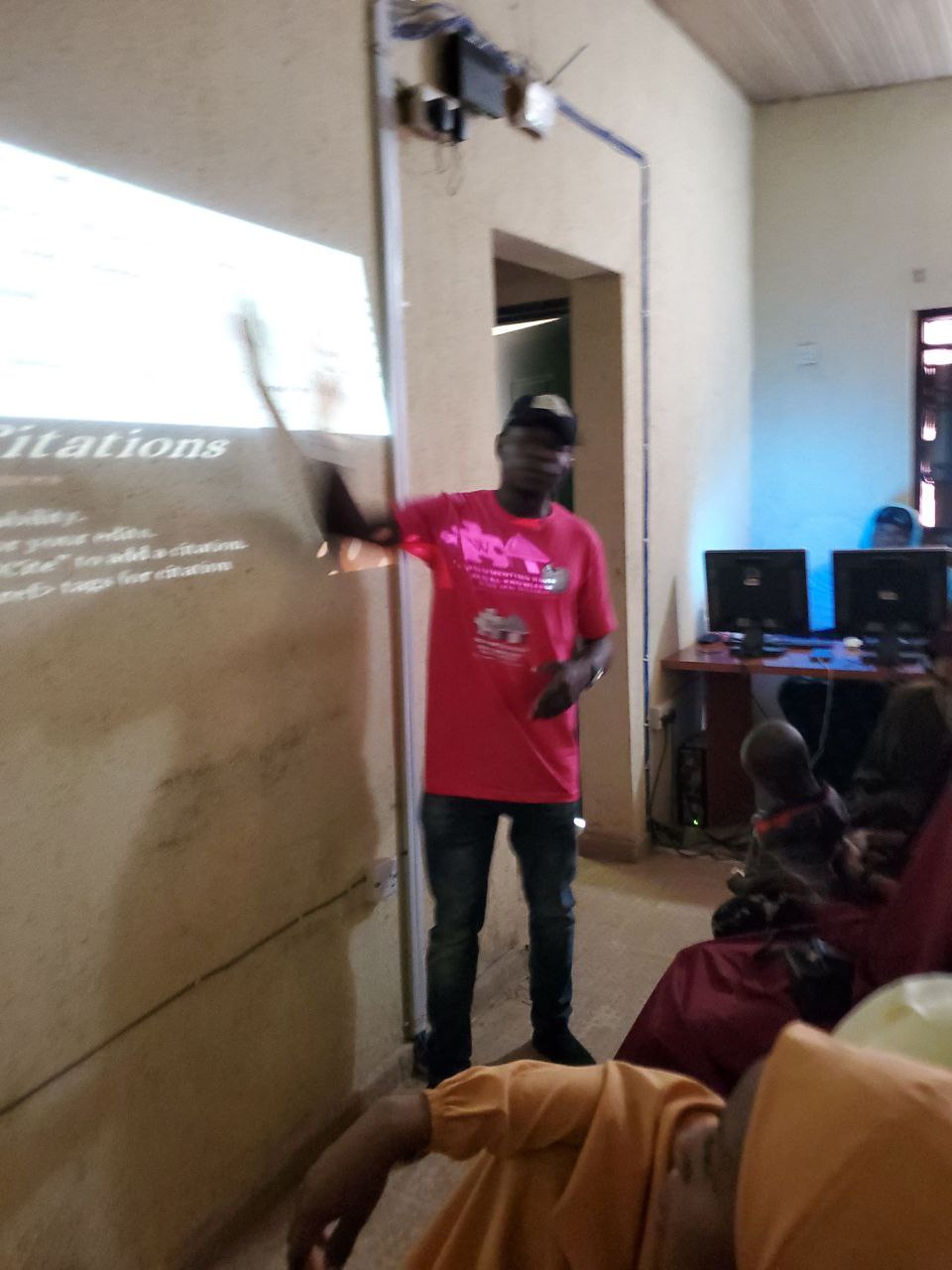
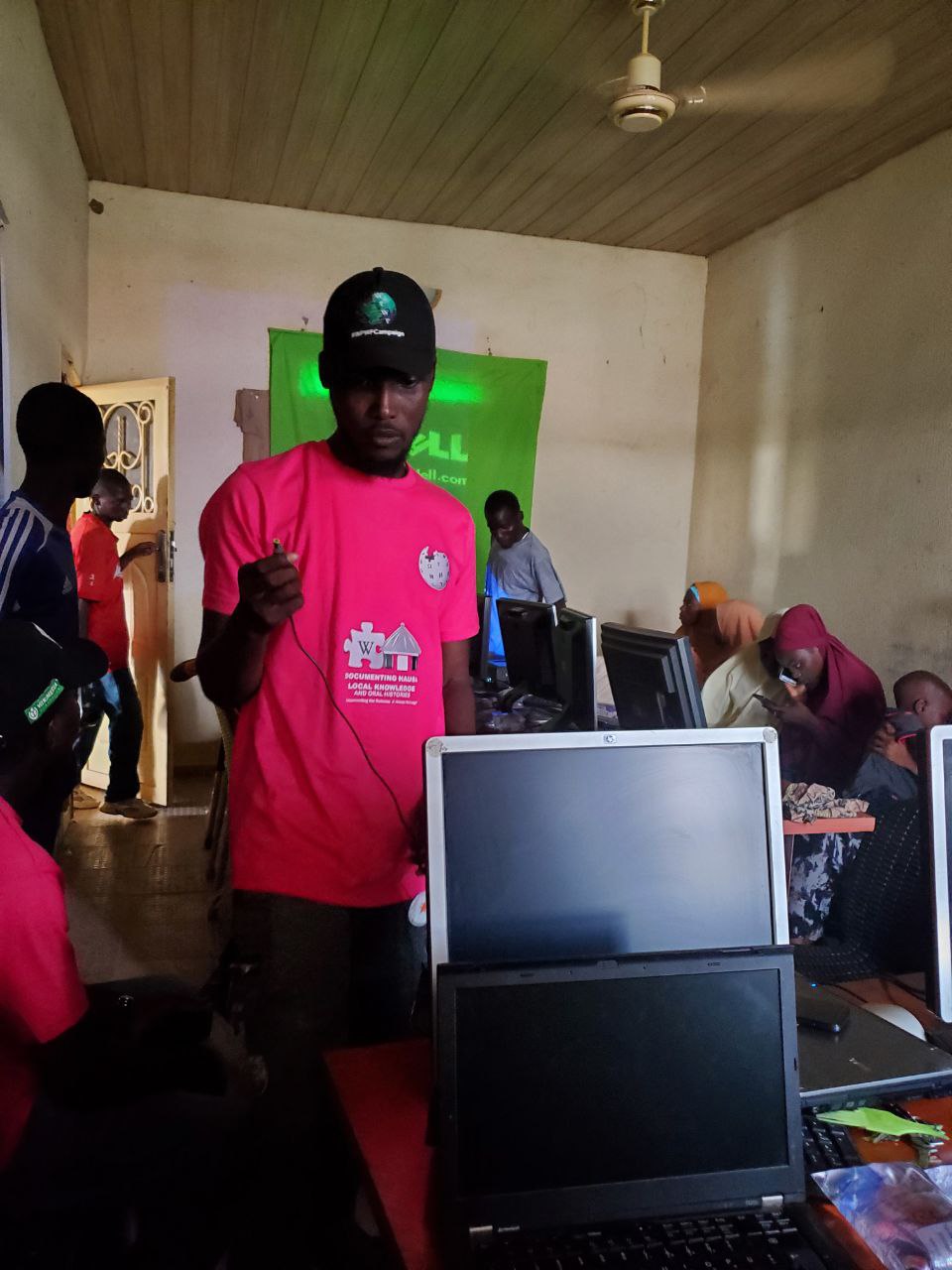
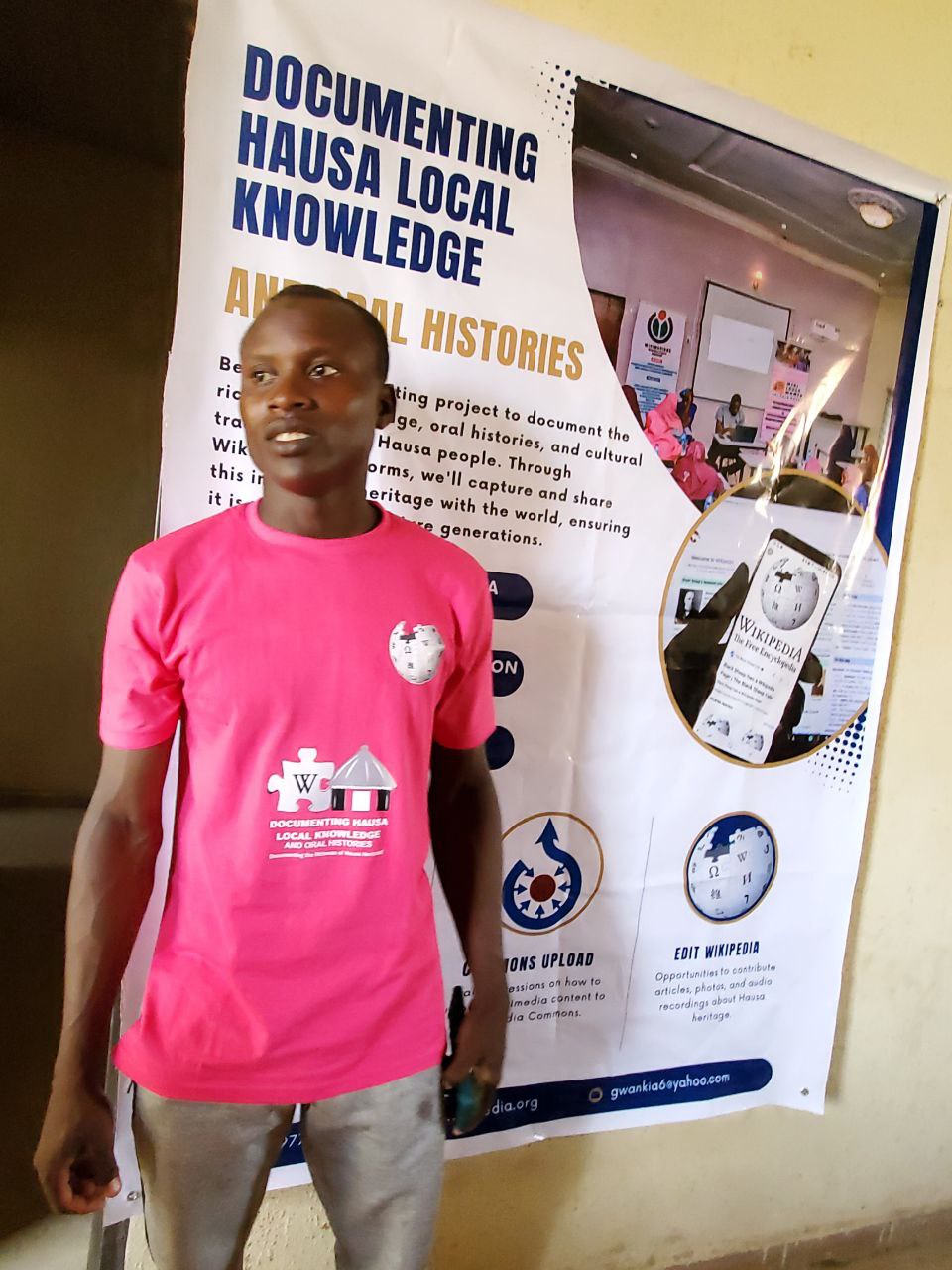
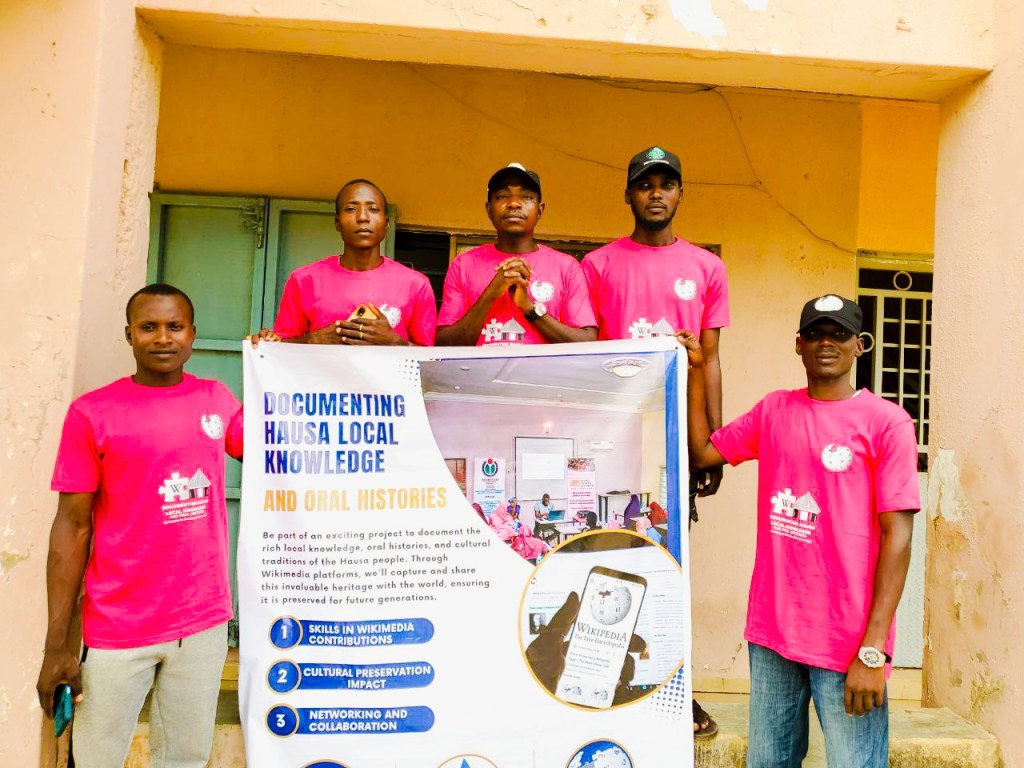
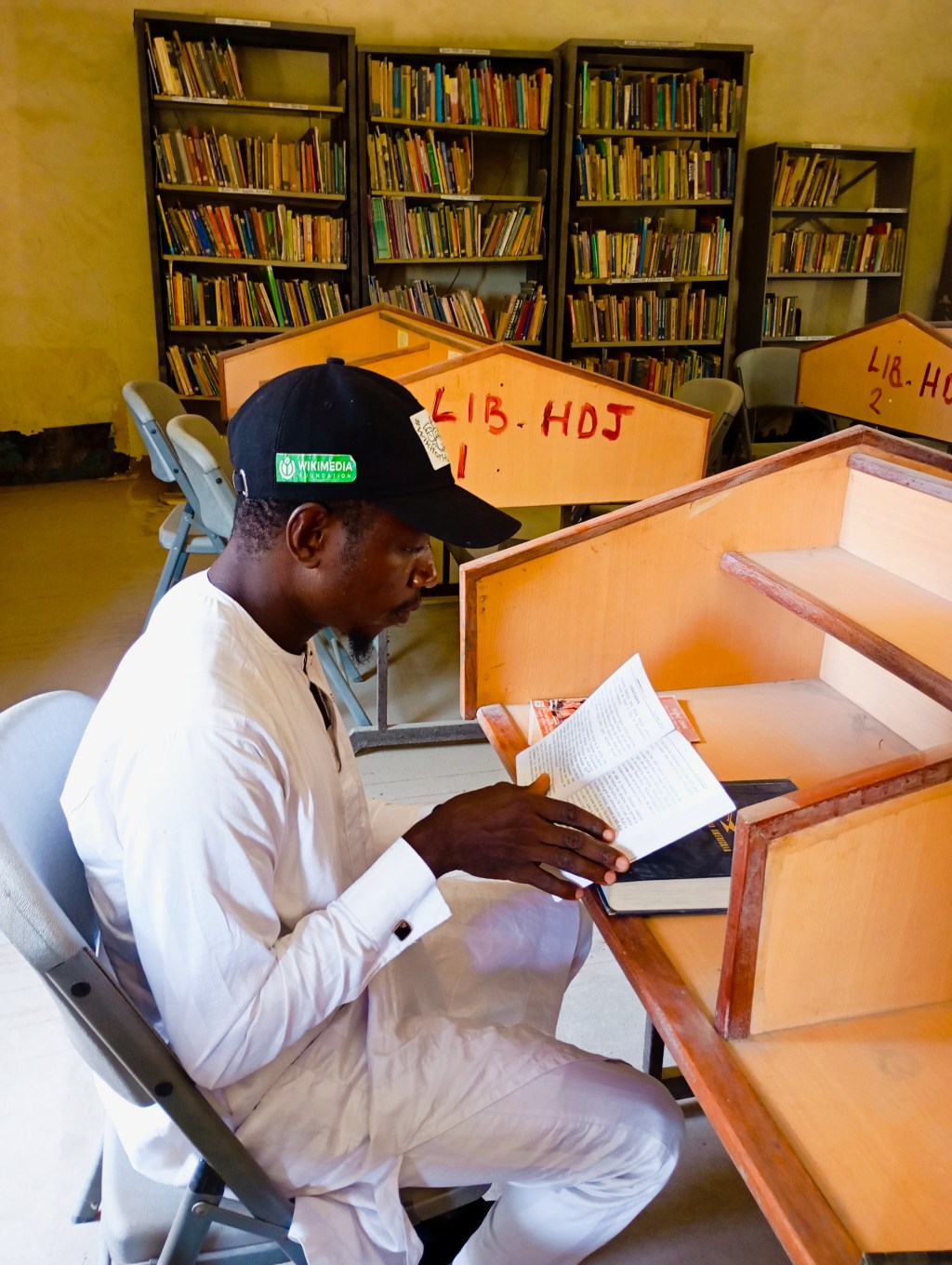
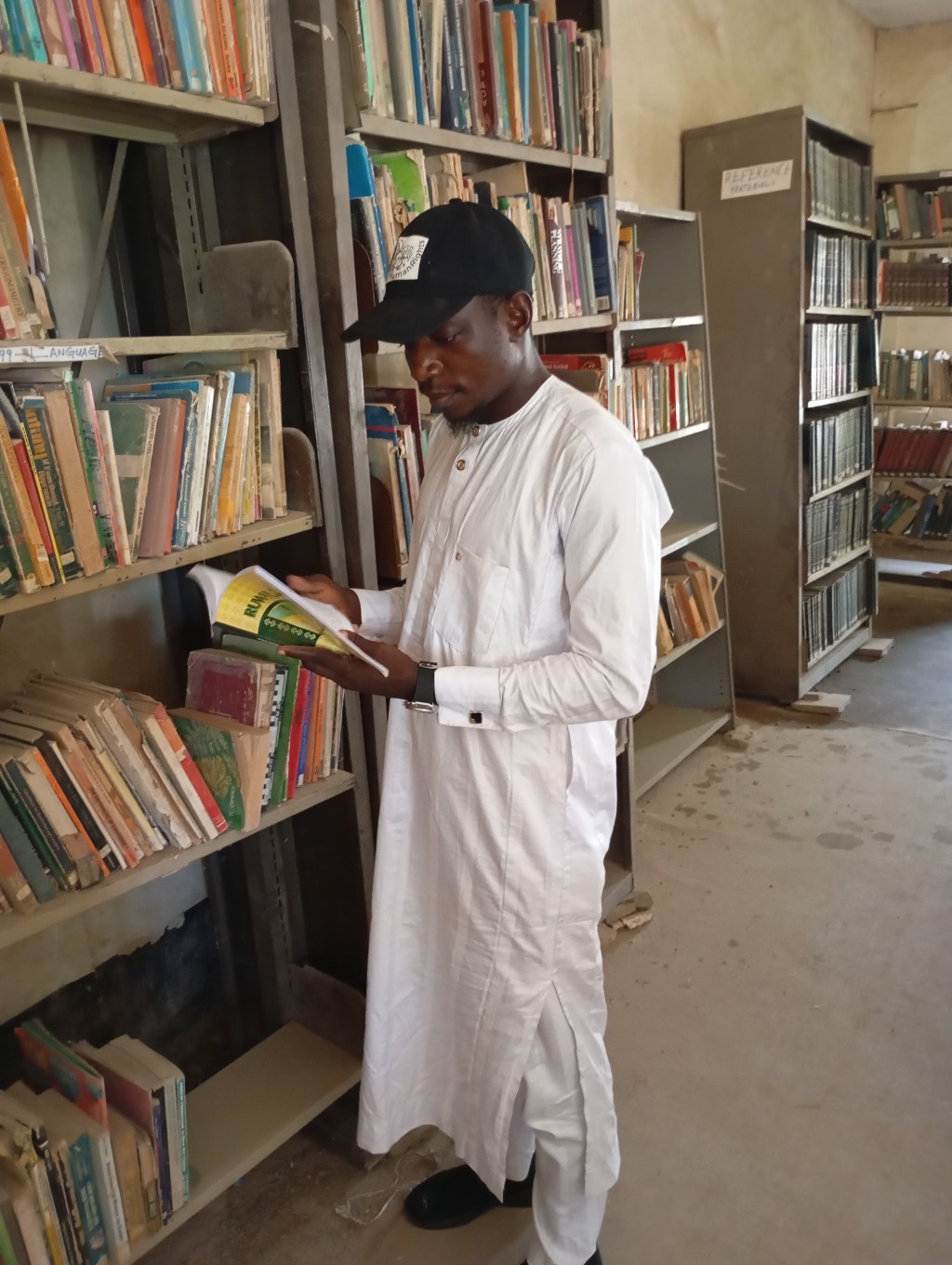
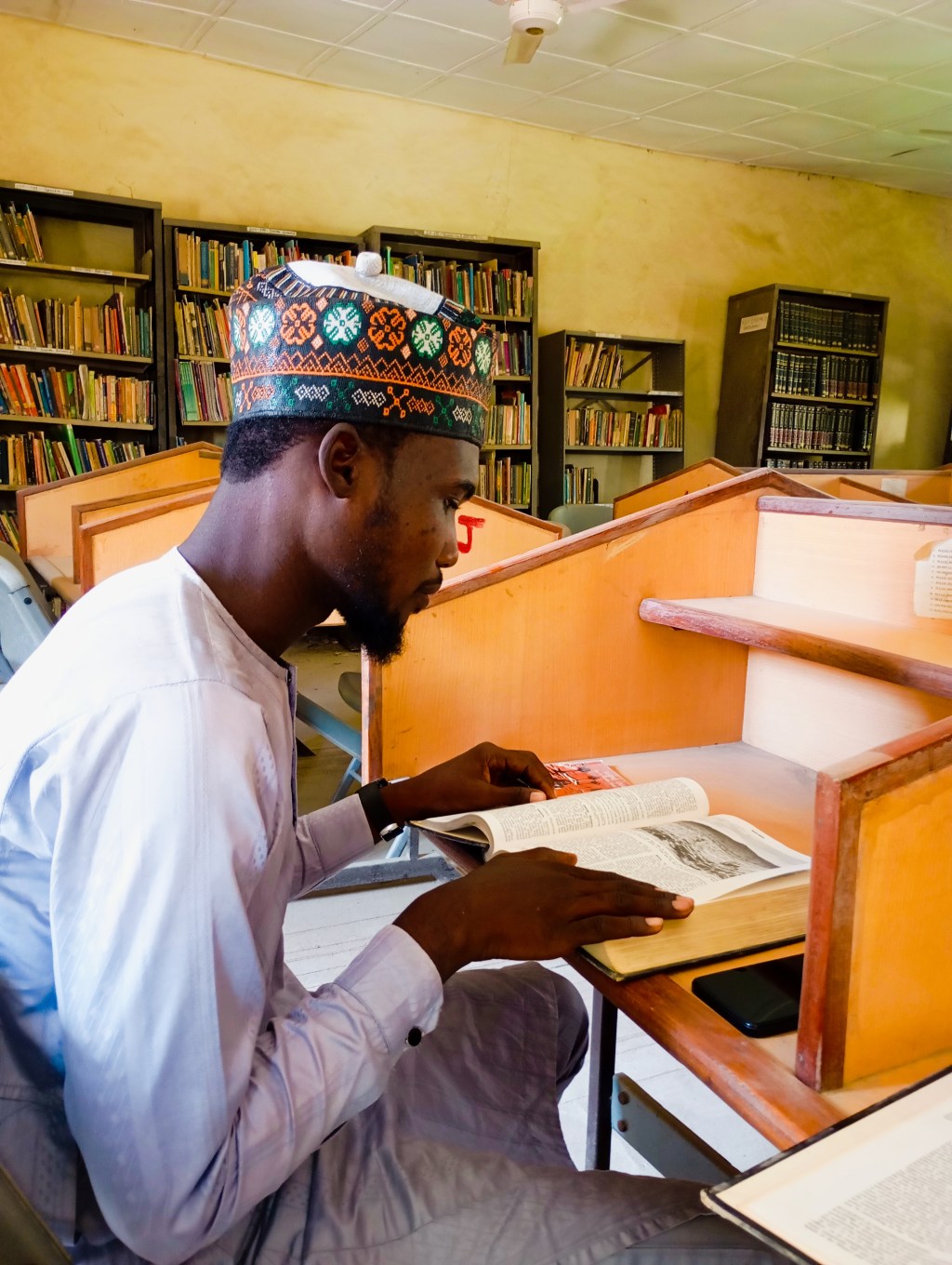
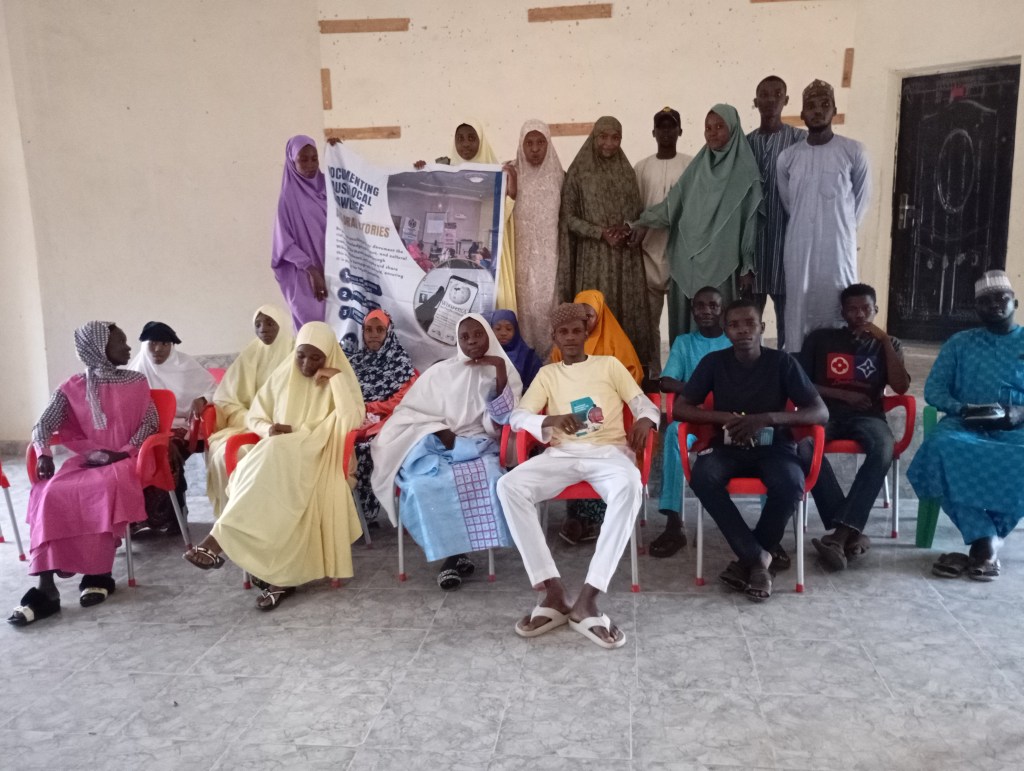
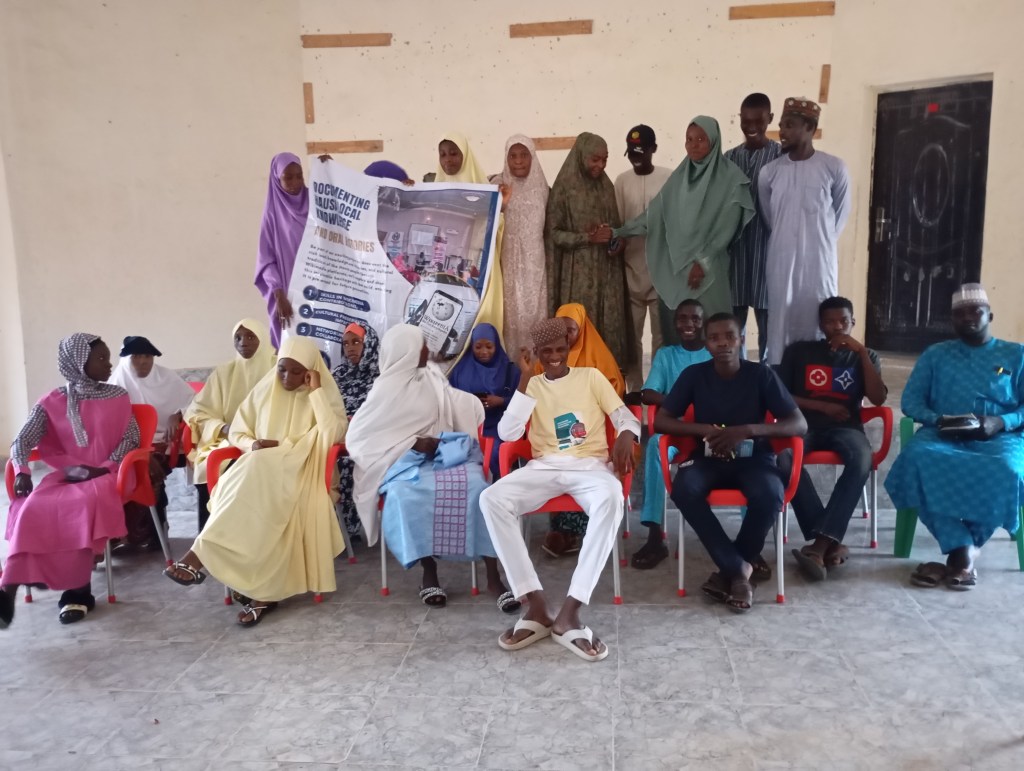
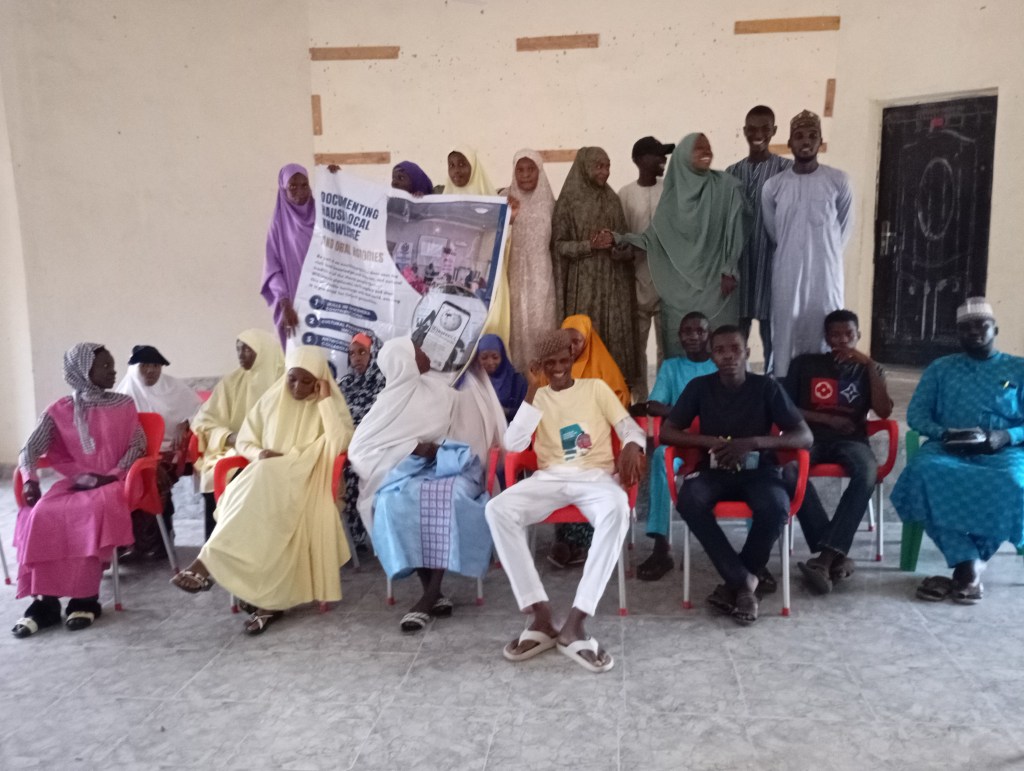
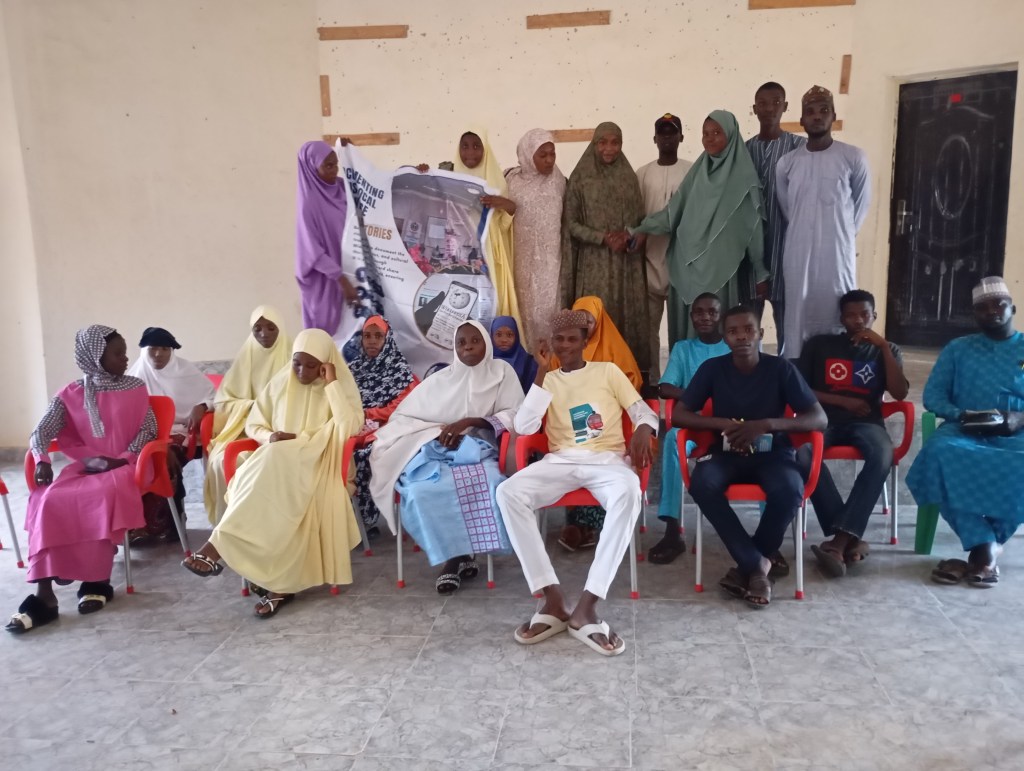
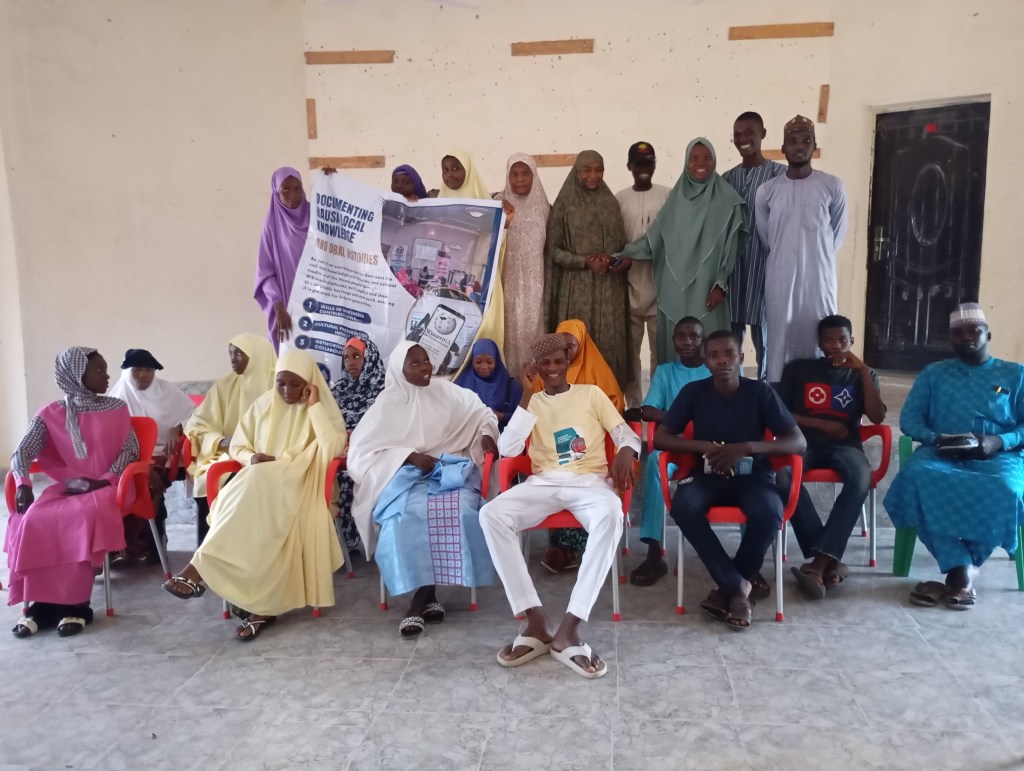
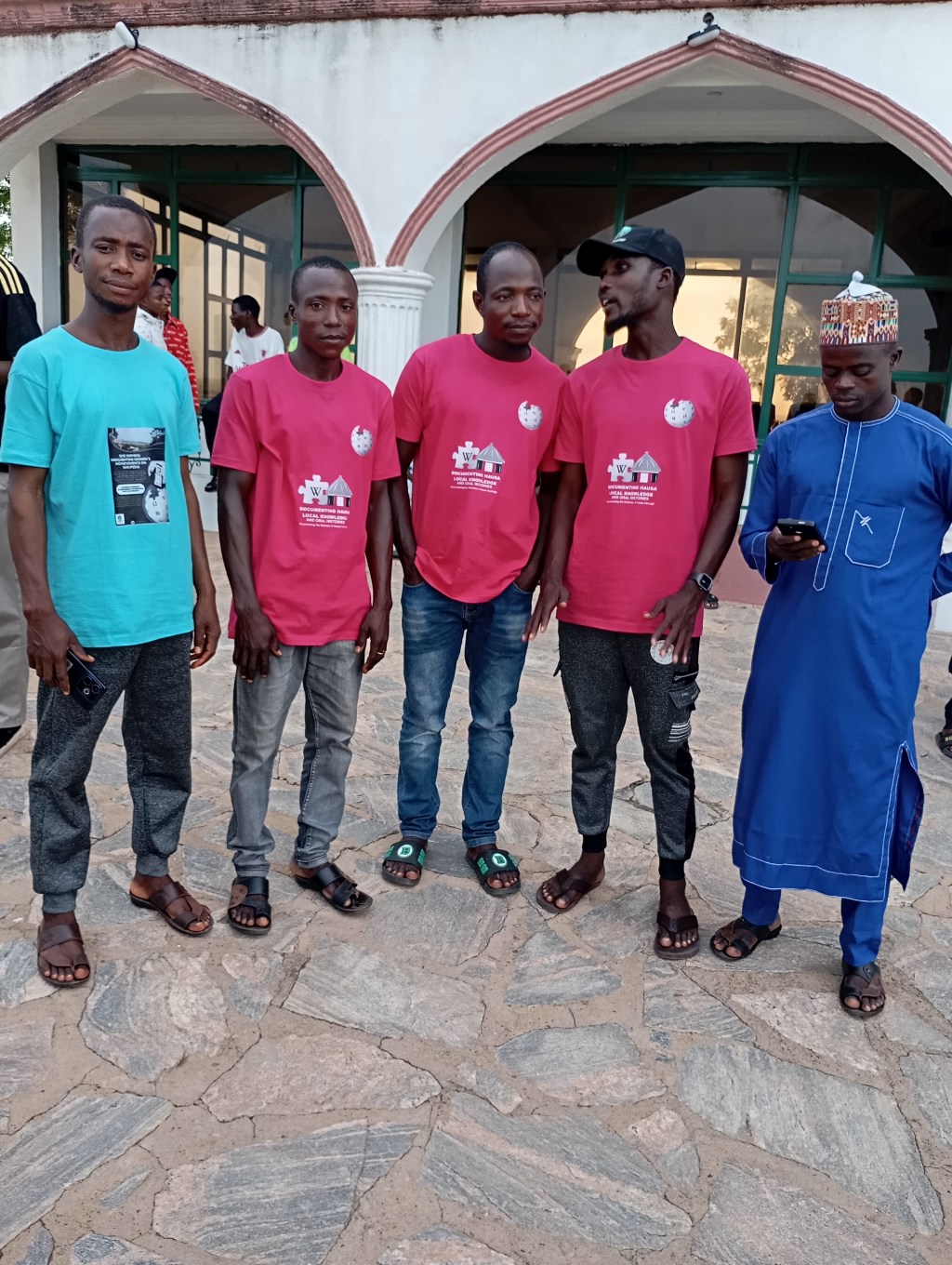
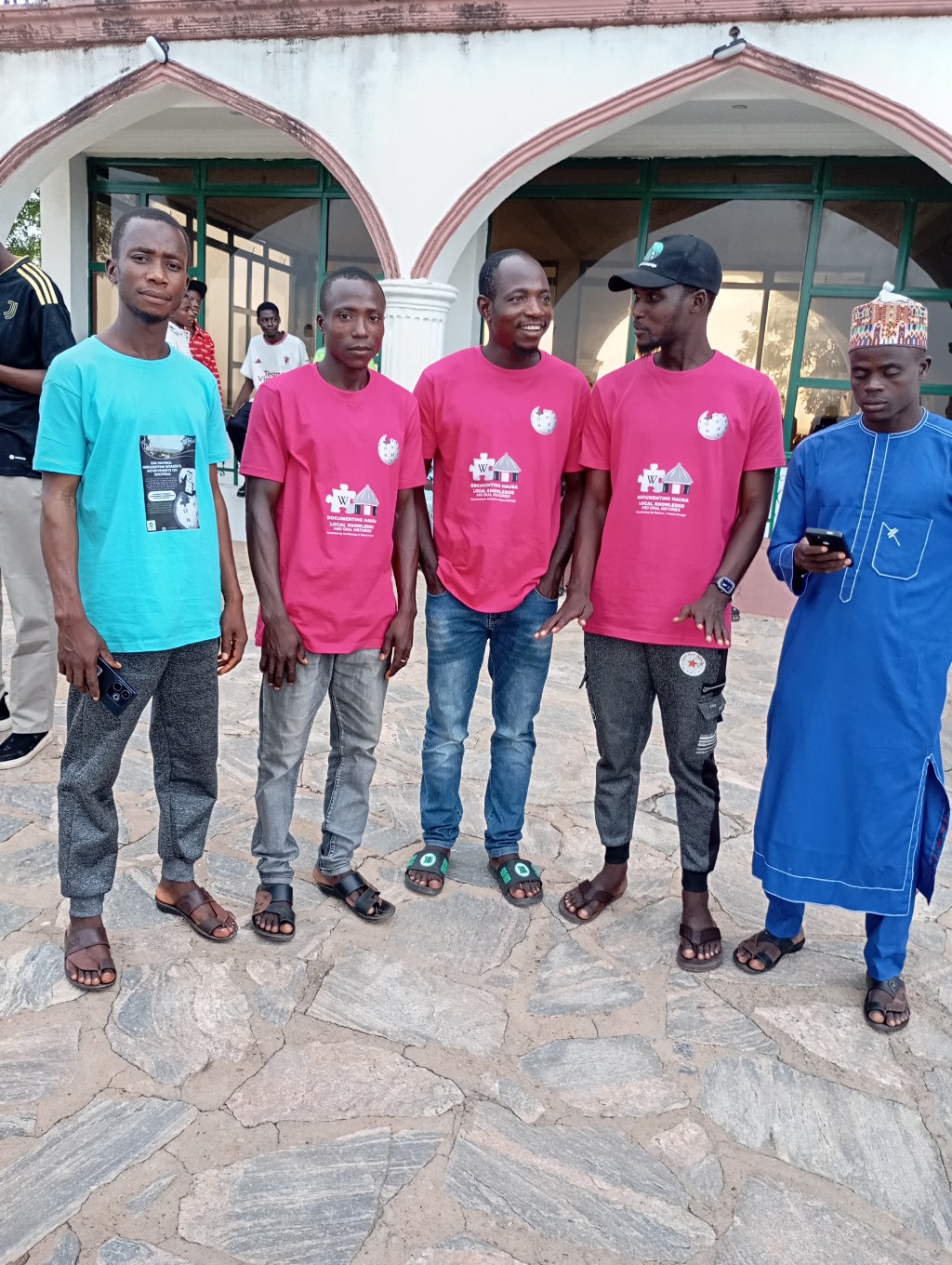
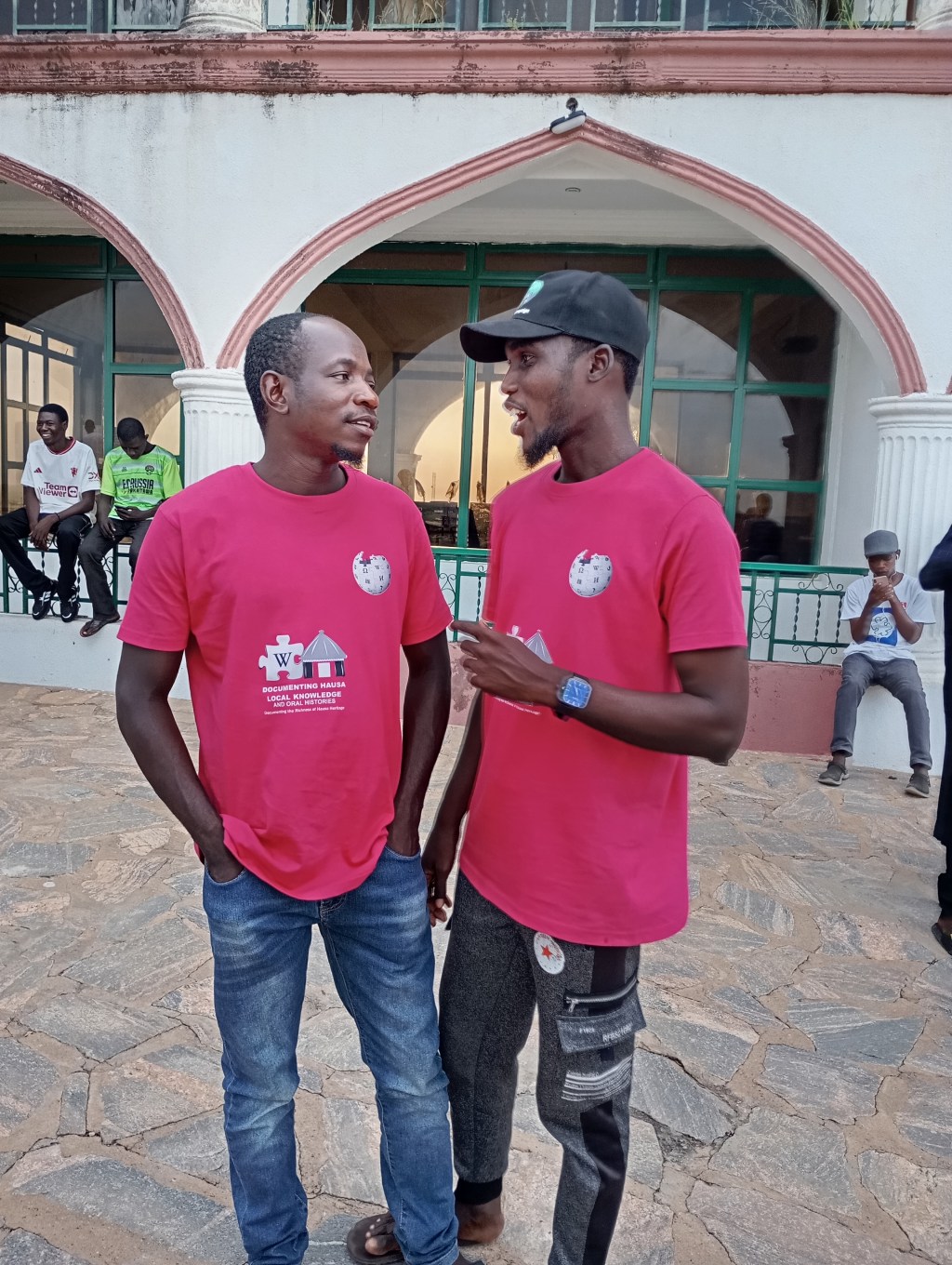
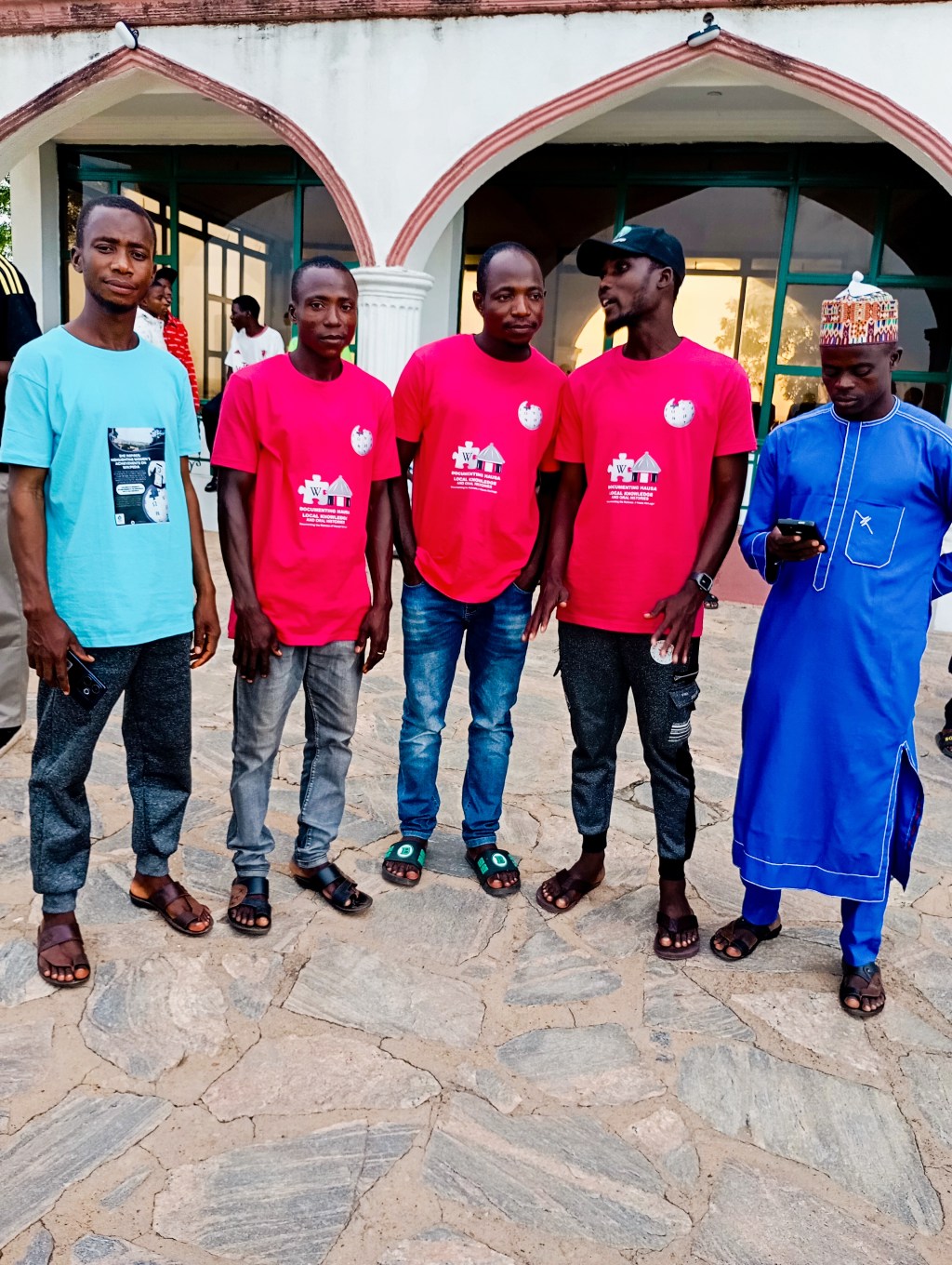
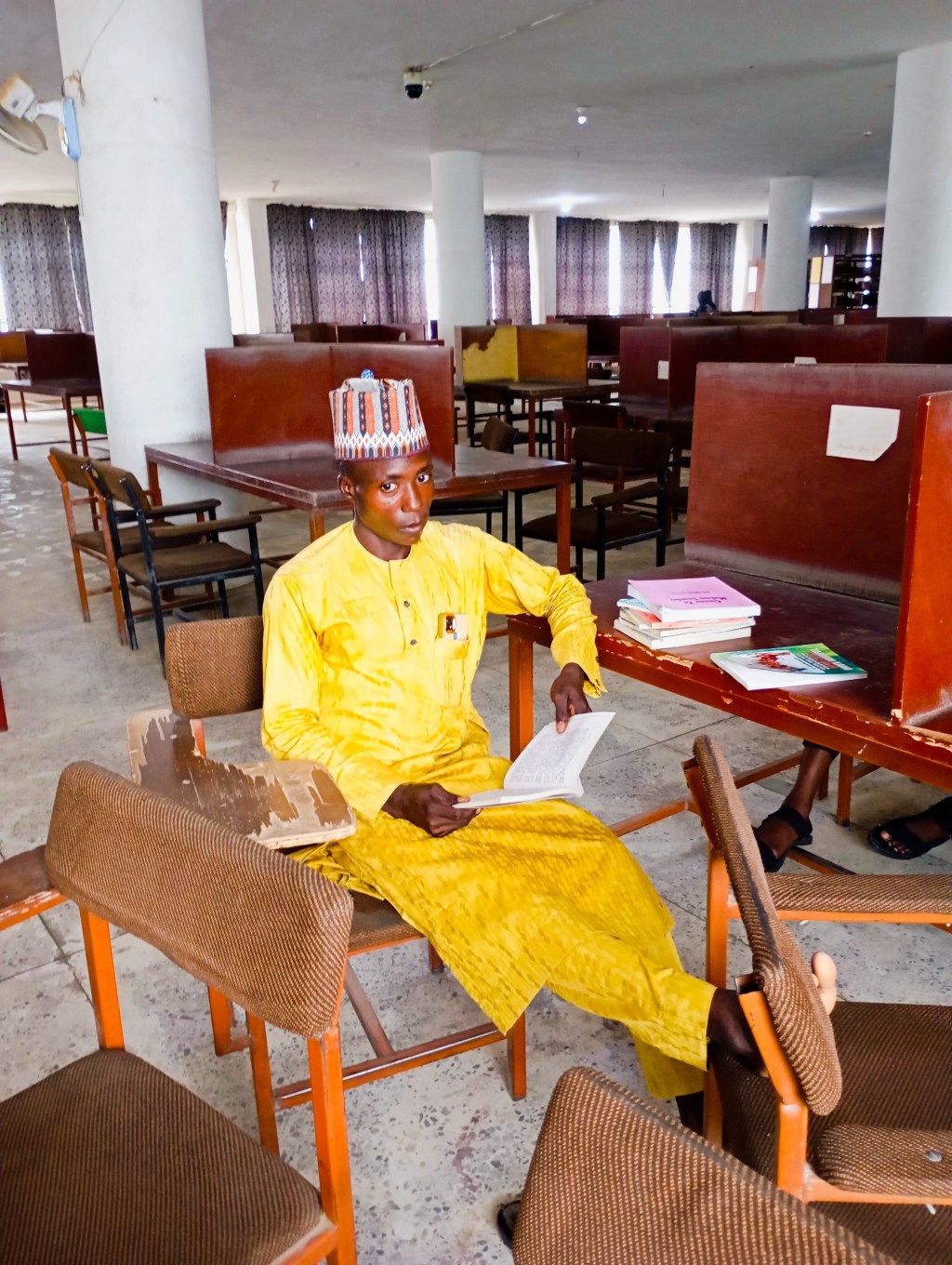
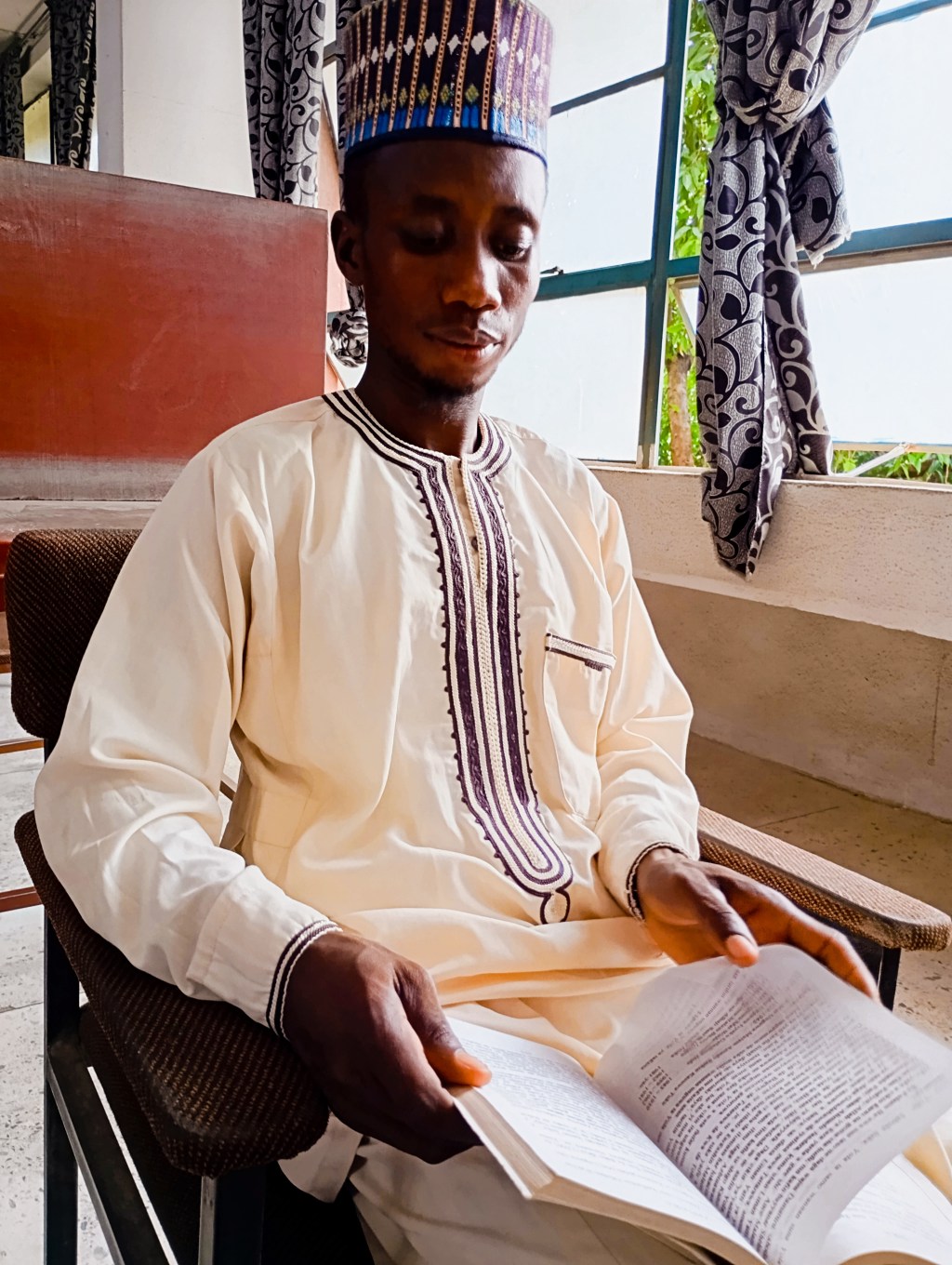
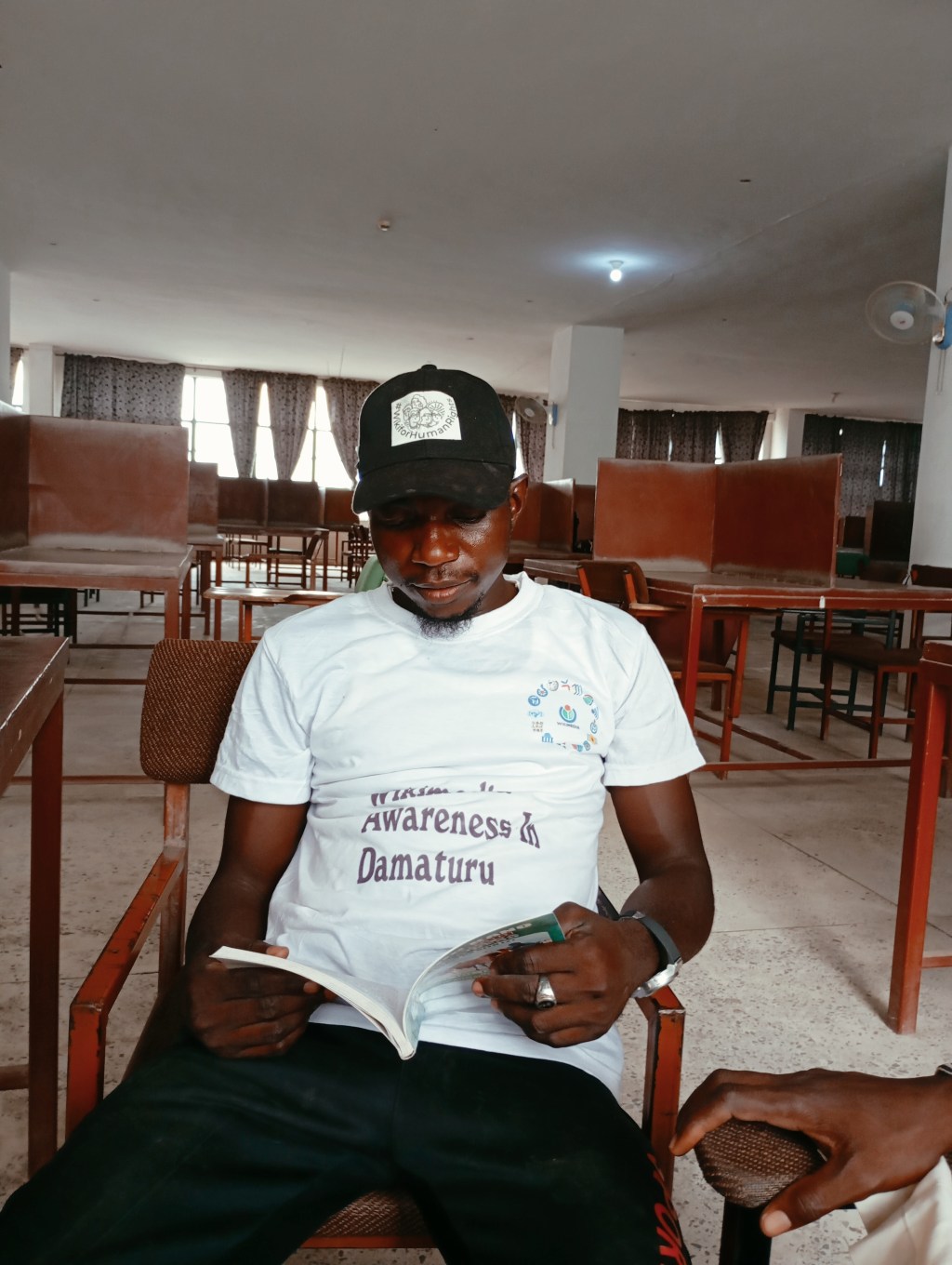
Image Credits
Author: Photographer/Creator: Abubakar Ali (User:Gwanki)
License: Creative Commons Attribution-ShareAlike 4.0 International (CC BY-SA 4.0)

Can you help us translate this article?
In order for this article to reach as many people as possible we would like your help. Can you translate this article to get the message out?
Start translation
